We're loading the full news article for you. This includes the article content, images, author information, and related articles.
As a stream of high-profile government figures visit Opoda Farm to pay respects to the late Raila Odinga, prominent opposition voices, including lawyer Willis Otieno, have condemned the visits as performative, sparking a national debate on political sincerity.

BONDO, KENYA – In the weeks following the death of former Prime Minister Raila Odinga on October 15, 2025, his family home at Opoda Farm in Bondo has become a site of national pilgrimage. On Monday, November 10, 2025, a delegation of senior government officials joined thousands of Kenyans who have journeyed to Siaya County to offer their condolences to the Odinga family, led by his widow, Mama Ida Odinga. However, the procession of state functionaries has drawn sharp criticism from opposition figures and political commentators, who have publicly questioned the sincerity of their grief.
Prominent lawyer and Safina Party Deputy President Designate, Willis Otieno, a consistent and vocal critic of the current administration, has called out what he terms the “performative mourning” of officials who were political adversaries of Odinga. While Otieno did not release a new statement on Monday, his recent public commentaries have consistently challenged the integrity of the country's ruling elite. In an October 13, 2025 statement, Otieno accused long-serving politicians of perfecting the art of thriving on public misery, remarking, “They don’t lack time. They’ve had time. They lack will. They lack conscience. They lack shame.” His critique resonates with sentiments expressed by other opposition leaders who have directly addressed the recent visits to Opoda.
Wiper Party Leader Kalonzo Musyoka, speaking at a festival in Kiambu County on Saturday, November 2, 2025, directly accused President William Ruto and his allies of feigning their sorrow. “There is no way William Ruto and his ilk can pretend to mourn Raila Odinga,” Musyoka stated, announcing his own plans to lead a delegation to Bondo in what he described as a genuine cultural celebration of Odinga's life. His remarks underscore a deep-seated mistrust within the opposition ranks regarding the government's public displays of sympathy.
Echoing these concerns, Martha Karua, Odinga’s running mate in the 2022 presidential election, issued a stern warning against hypocrisy during her visit to the gravesite on Monday, November 4, 2025. “Already you have seen people from all walks of life coming to pay tribute, people who spoke ill of him now speak knowingly,” Karua observed, suggesting that Odinga’s passing had become a “unifying factor” that exposed political opportunism. She urged leaders to honor Odinga’s legacy through sincere actions rather than empty words, emphasizing his lifelong commitment to justice and the equitable use of public resources.
The controversy surrounding the official mourning period has been further inflamed by remarks from Nyeri Governor Mutahi Kahiga, who, on October 21, 2025, described Odinga’s death as a “blessing in disguise for the Mt Kenya region,” implying it would redirect state resources. The comments drew widespread condemnation, forcing Governor Kahiga to issue a public apology on October 22 and step down as the vice-chair of the Council of Governors. In a gesture of reconciliation, the Odinga family, through elder brother Dr. Oburu Oginga, publicly forgave the governor on November 3, 2025, stating the family does not hold grudges against him.
These events highlight the complex and often fraught nature of Kenyan politics, where personal grief and national mourning intersect with deep-seated political rivalries. The visits to Opoda Farm by government officials are seen by some as a necessary and respectful gesture of national unity, an acknowledgment of Odinga's immense stature and decades-long influence on the country's political landscape. For others, however, they represent a cynical attempt to score political points and sanitize a history of bitter opposition.
Willis Otieno has been a formidable critic of this political class, arguing that their extended tenures have failed to deliver meaningful change for ordinary Kenyans. In a series of statements throughout 2025, he has lambasted what he calls “legacy politicians” for clinging to power through “scandals, land grabs, and broken promises.” His analysis points to a systemic failure of leadership, where the political elite remain insulated from the consequences of their governance, including a struggling healthcare system and the high cost of living. This broader critique provides the context for the skepticism now greeting the official delegations in Bondo.
As the nation continues to mourn a figure who was, for millions, the embodiment of the struggle for democracy, the debate over his legacy and the sincerity of those who now praise him is likely to intensify. The scenes of political opponents united in apparent grief at Opoda Farm serve as a potent symbol of Kenya's intricate political tapestry, leaving the public to discern between genuine respect and calculated political theatre. FURTHER INVESTIGATION REQUIRED into the private discussions between the government and the Odinga family regarding these official visits.
Keep the conversation in one place—threads here stay linked to the story and in the forums.
Sign in to start a discussion
Start a conversation about this story and keep it linked here.
Other hot threads
E-sports and Gaming Community in Kenya
Active 9 months ago
The Role of Technology in Modern Agriculture (AgriTech)
Active 9 months ago
Popular Recreational Activities Across Counties
Active 9 months ago
Investing in Youth Sports Development Programs
Active 9 months ago
Key figures and persons of interest featured in this article
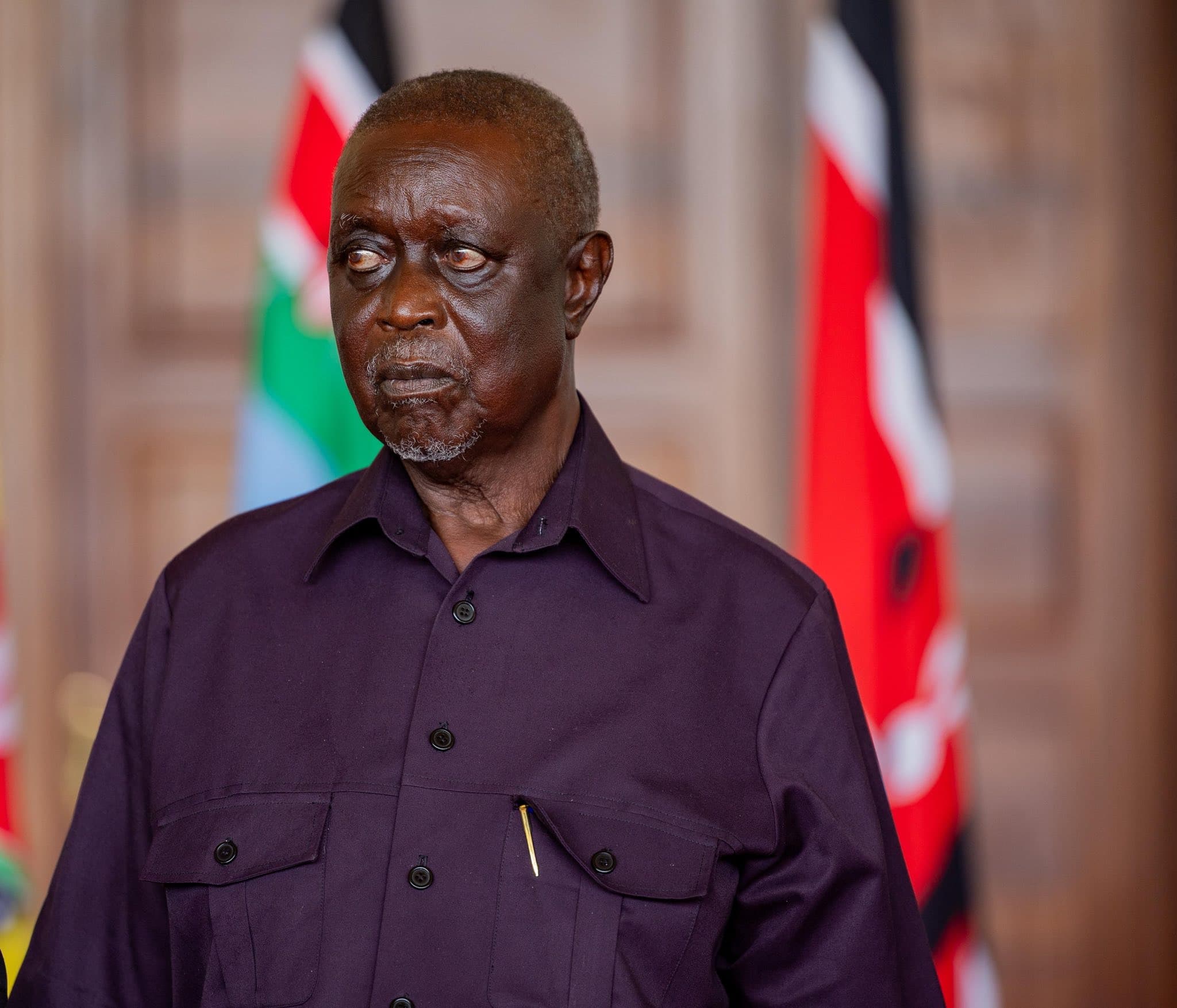
Senator for Siaya County
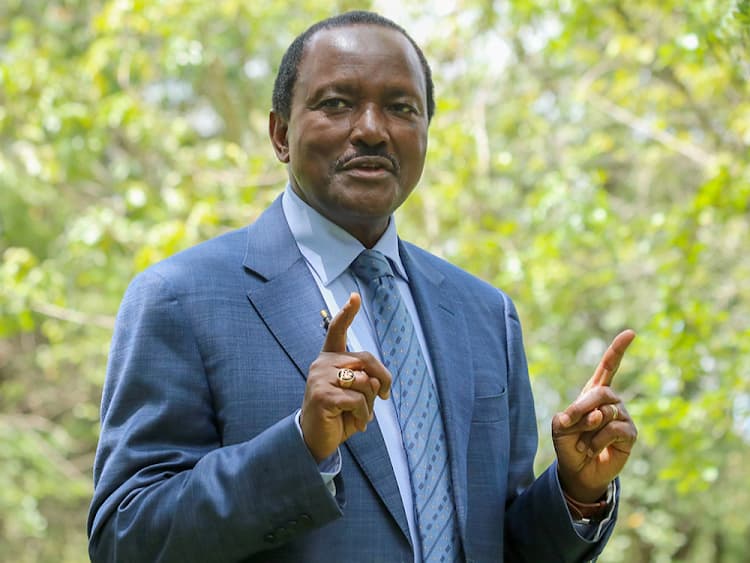
10th Vice President of Kenya (2008–2013)
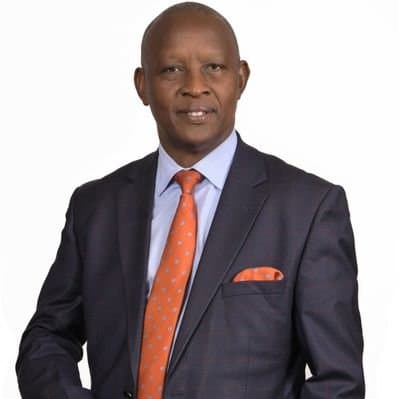
Governor of Nyeri County
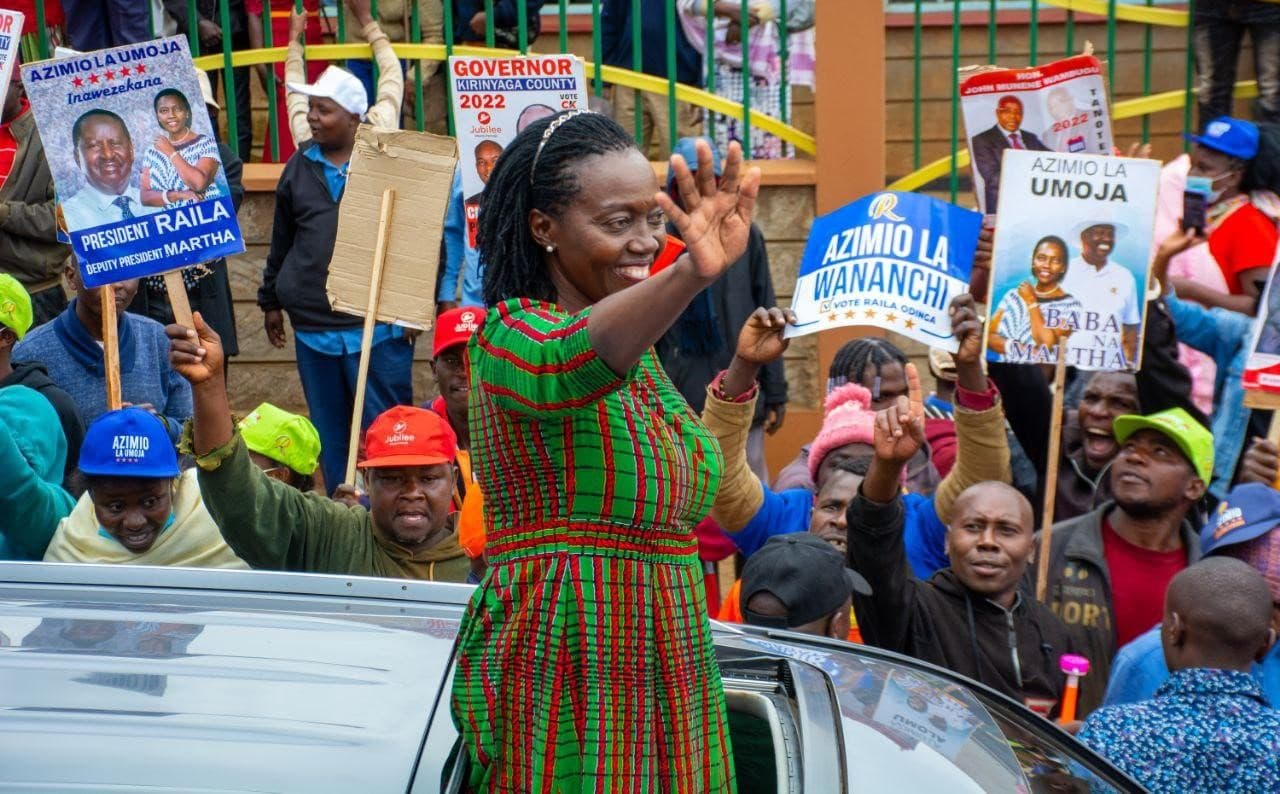
Party Leader, NARC-Kenya
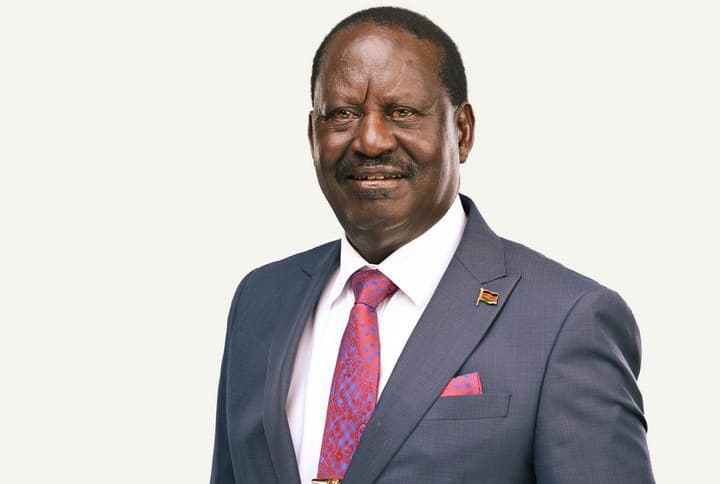
Leader of the Opposition
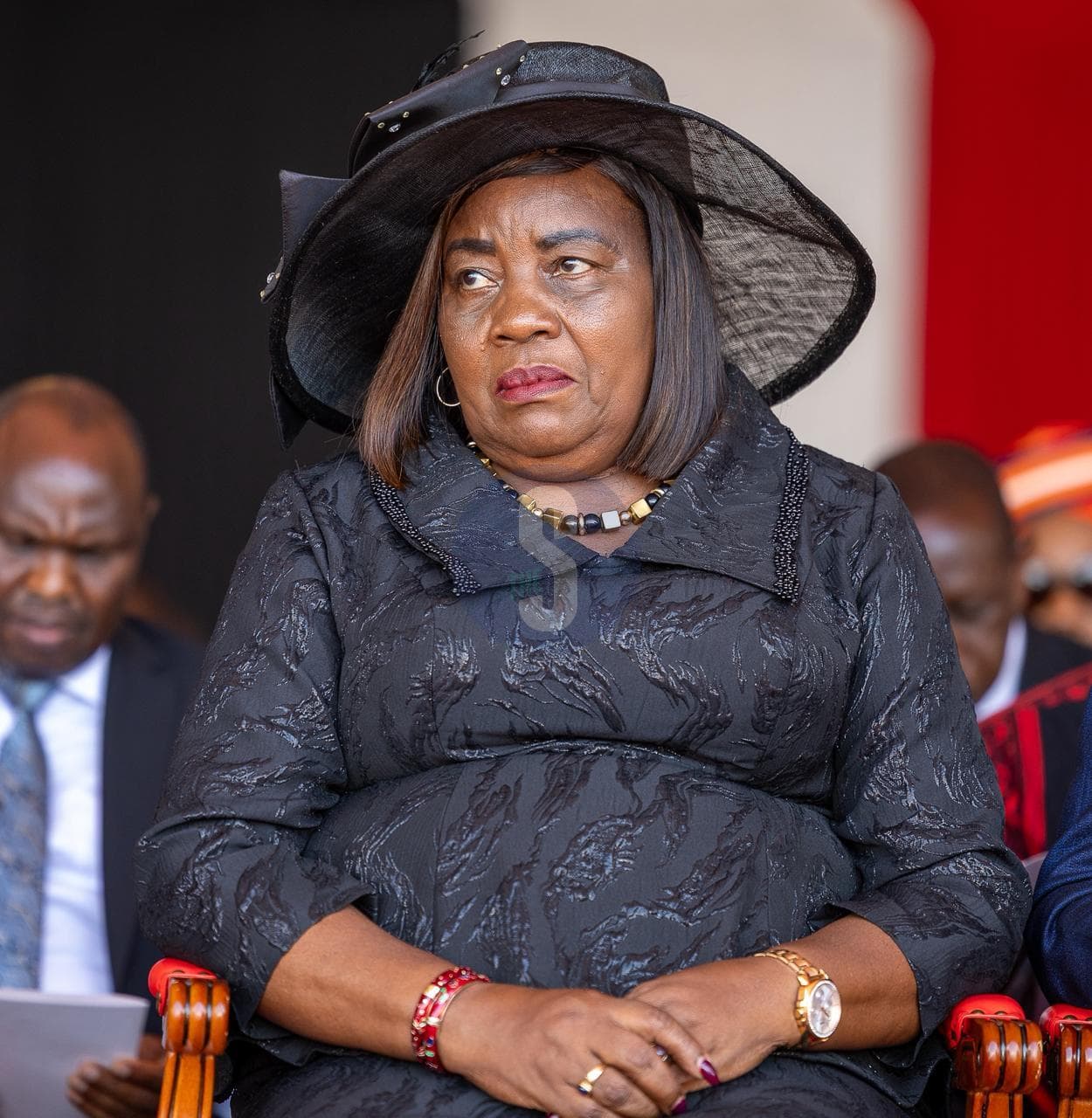
Educator, Businesswoman & Activist